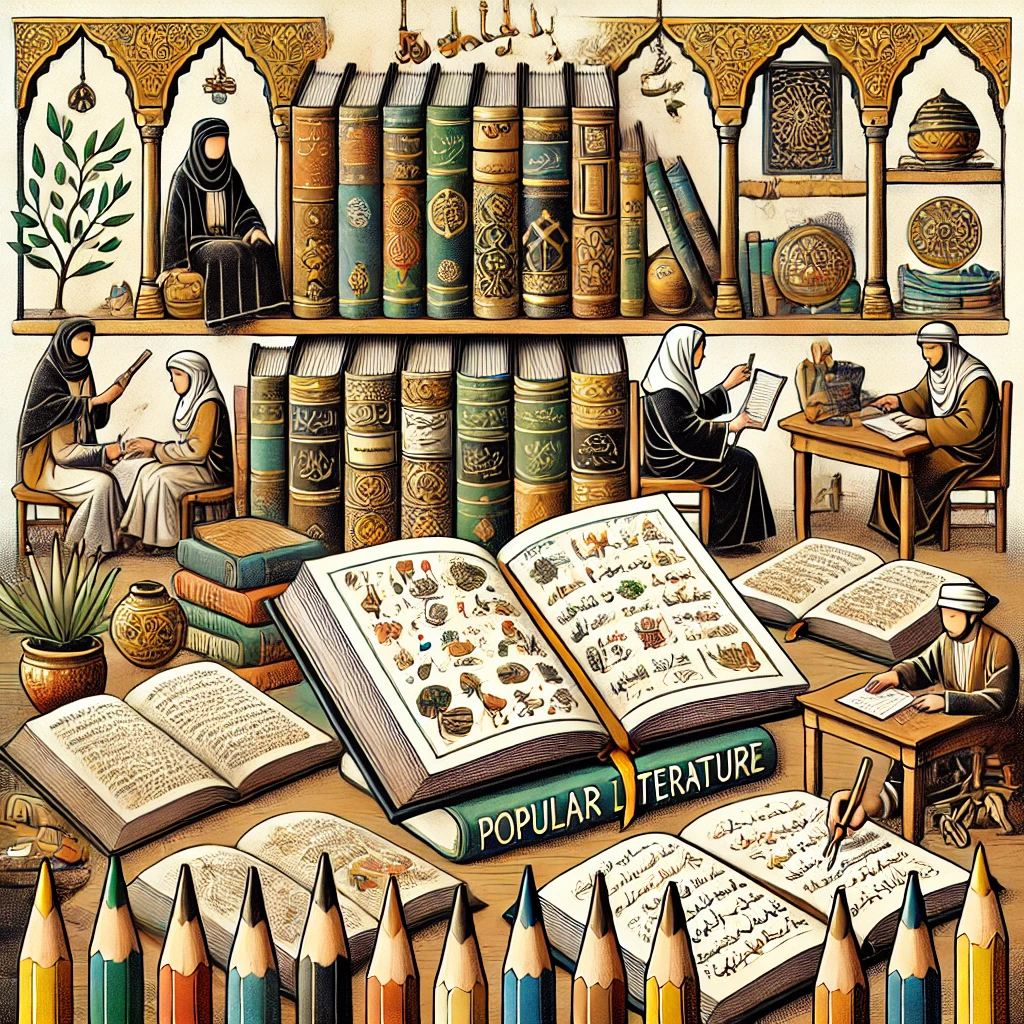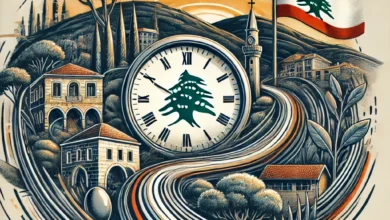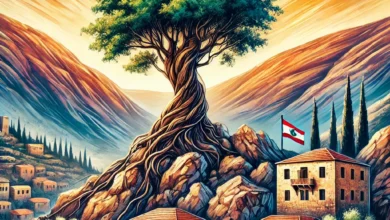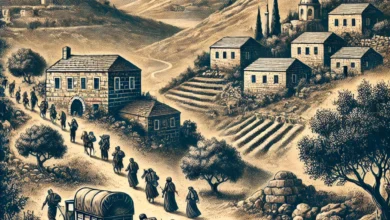Kassem Hejeij and Southern Popular Literature

The process of bringing water to households in the Jabal Amel region began late in the last century. The circumstances of occupation and war were additional obstacles to the governmental neglect in supporting the area’s residents. Springs, canals, cisterns, and ponds were the main sources of water for households, creating a sense of camaraderie around these water sources.
We turned to historian and expert on unwritten popular memory, Mr. Kassem Hejeij, mayor of Deir Antar, to talk about the daily life surrounding water transportation and washing processes carried out by women in the past. Mr. Kassem Hejeij stated: “There was no water in houses for washing dishes or clothes, not even for bathing. The water brought to homes on the backs of donkeys by women and young boys was used exclusively for drinking, some light dishwashing, and emergency bathing in winter. Washing clothes and large pots took place along the canals, ponds, and rivers. In villages near Wadi Al-Hujayr, women would head to the water streams in groups for washing and bathing. All this happened along the dirt road connecting the towns of Bint Jbeil, Nabatieh, and Marjeyoun. Despite this, women would remove much of their clothing and bathe beside the road, using nearby trees and bushes as makeshift curtains. Back then, social norms dictated that passing men would avert their eyes completely from women bathing or washing. I even recall an incident where someone was caught spying on bathing women. This disgrace haunted him and his descendants to this day.”
Mr. Kassem Hejeij added: “The memory of springs and canals is deeply ingrained in the narratives of the region’s people. It’s rare to find a notable story that didn’t occur along a river or canal. All folk poetry and love stories sing of the spring and the canal. These water sources served as the social media of the time. Matchmakers would go to the canal to observe young women for their sons, and women would gather and chat for hours by the water, as it was their only escape during that era.”
A Popular Proverb: The Jackal Between the Strap and the Blade
A popular proverb in Jabal Amel says: “The poor said the jackal ate the leather strap, and they called him a liar. The rich said the jackal ate the iron plow blade, and they believed him!” This proverb highlights the sycophants among the wealthy and powerful who endorse anything these individuals say or do, no matter how strange or objectionable, simply because of their status.
When asked about this proverb and its unusual phrases, historian Kassem Hejeij, mayor of Deir Antar and a living archive of Jabal Amel’s popular memory, explained: “This proverb refers to the sycophants of the wealthy or powerful who support anything they say or do, no matter how ugly or absurd, as long as it comes from someone affluent or influential. In contrast, these same individuals are extremely strict with ordinary or poor people, rejecting any behavior from them, no matter how reasonable or simple. As for the meanings of the proverb, the ‘strap’ refers to a piece of untanned cowhide tied to the yoke. The yoke is a wooden axis placed on the necks of oxen to hold and control them while plowing the land. The strap connects to the beam, a cross-wooden shaft extending from the yoke to the ground, which is tied to the blade. The blade is a metal piece with sharp edges, like a hoe or shovel, used to turn the soil as the oxen move.”
Mr. Kassem Hejeij added: “It is natural for a hungry jackal to eat the strap since it’s made of leather. The news is logical and believable. However, the reporter is a poor, marginalized individual, and thus this news is dismissed as false. On the other hand, the blade, made of metal, is improbable for a jackal to eat. But since the storyteller is wealthy and influential, the news is accepted as true. If only we applied this proverb’s deep meanings to prioritize logical and beneficial news, regardless of the source, and vice versa. Unfortunately, we have become captives of sensational media that injects its poison in an appealing package. This causes us to accept information at face value simply because it comes from powerful and widespread outlets.”



